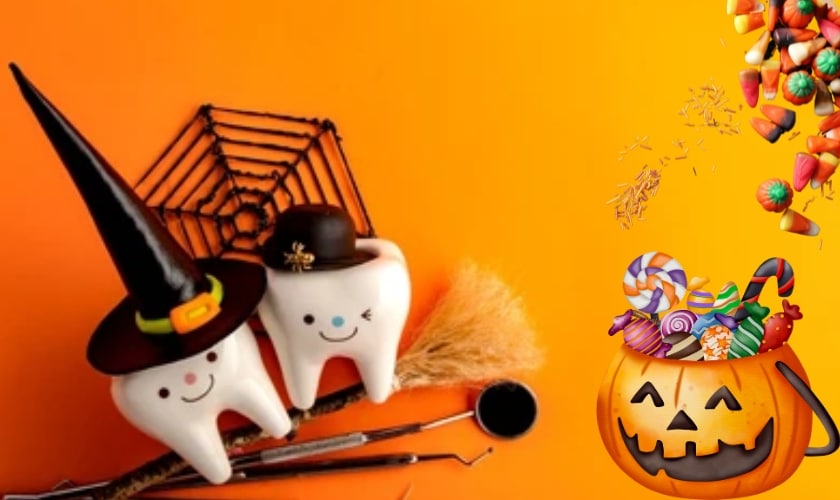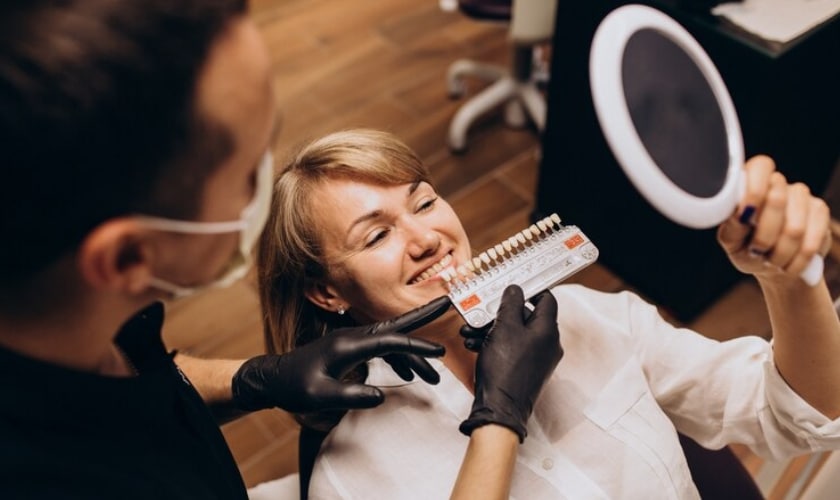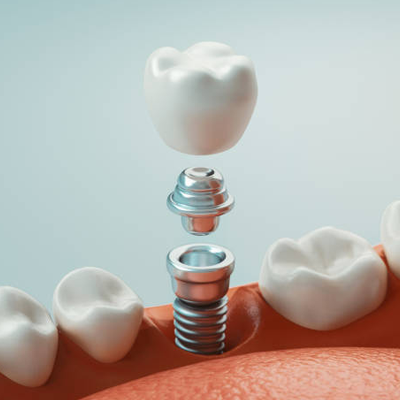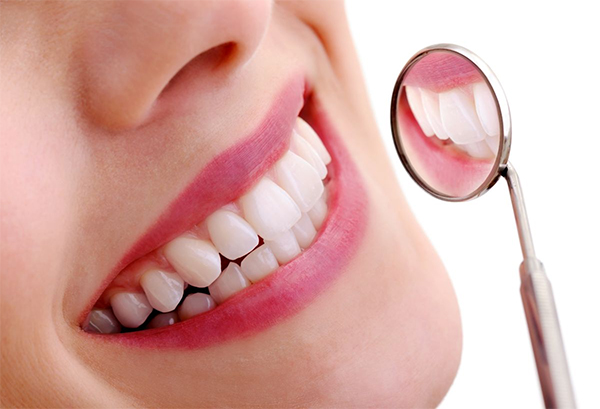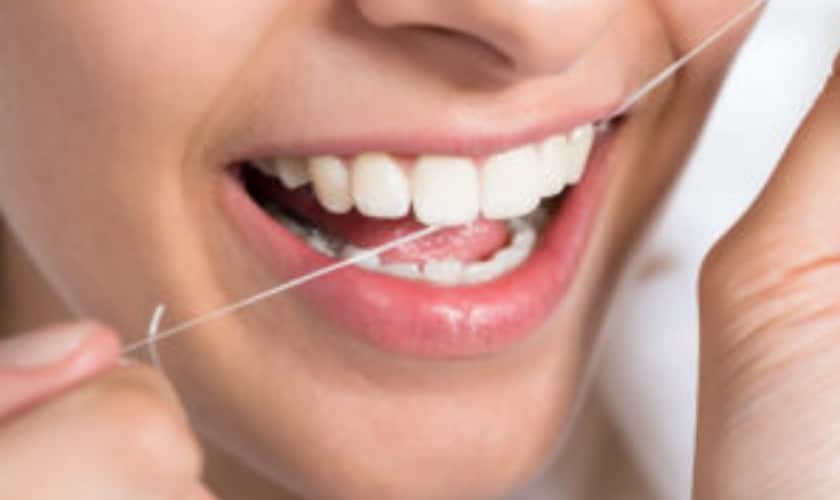
Cosmetic dentistry has grown in popularity as more people seek ways to improve the appearance of their teeth and raise their self-esteem. This blog article offers a detailed summary of the advantages, potential pitfalls, popular treatments, and alternative solutions accessible for cosmetic dentistry. Whether you’re thinking about teeth whitening, veneers, or dental implants, knowing the pros and drawbacks can help you decide how to improve your smile.
Pros Of Cosmetic Dentistry:
Improve Appearance And Self-Confidence:
One of the most significant benefits of cosmetic dentistry is its potential to dramatically improve a person’s smile and general look. Teeth whitening, veneers, and dental implants can fix flaws such as discoloration, misalignment, chipping, and missing teeth, resulting in a more appealing smile. This enhancement frequently leads to enhanced self-confidence and better social relations.
Correcting dental imperfections:
Cosmetic dentistry remedies dental flaws, such as gaps between teeth, crookedness, and misalignment. Procedures such as veneers can successfully mask these flaws, giving the appearance of a perfect smile.
Long-lasting results:
Many cosmetic dental operations have long-term effects. Dental implants, for example, are a long-lasting and permanent alternative for restoring lost teeth, but veneers can last a decade or more with good maintenance. This durability means that patients may reap the advantages of their improved smile for a lengthy period.
Cons Of Cosmetic Dentistry:
Costly procedure:
One of the major disadvantages of cosmetic dentistry is its high cost. These processes might be costly depending on the intricacy of the treatment and the materials utilized. Before committing to cosmetic dental work, one must examine one’s budget and research financing possibilities.
Potential risks and complications:
Cosmetic dentistry, like any medical or dental procedure, has hazards. Teeth whitening procedures, for example, might induce tooth sensitivity and gum irritation; dental implants may have surgical risks, such as infection or implant failure. Before undertaking any cosmetic dental procedure, exploring potential hazards with a knowledgeable dentist is essential.
Not covered by insurance:
Cosmetic dentistry operations are often considered elective and are not covered by dental insurance programs. As a result, consumers are frequently required to pay the whole cost of therapy out of pocket. Several dental practices offer flexible payment plans or financing alternatives to make these operations more affordable.
Common Cosmetic Dental Procedures:
Teeth whitening:
Teeth whitening is a popular cosmetic technique that removes stains and discoloration from the teeth, giving you a brighter smile. It may be done in the office or at home with the help of custom whitening trays. Compared to over-the-counter alternatives, professional teeth whitening produces more consistent and long-lasting effects.
Veneers:
Veneers are thin shells custom-made and adhered to the front surface of the teeth. They are intended to conceal flaws like chips, fractures, and gaps in the teeth, resulting in a more uniform and aesthetically acceptable look.
Dental implants:
Dental implants are artificial tooth roots surgically implanted into the jawbone to support a replacement tooth or bridge. They are a long-term treatment for lost teeth, restoring functionality and looks.
Choosing The Right Dentist For Cosmetic Procedures:
Selecting a trained and experienced dentist when contemplating cosmetic dentistry is essential. Seek out practitioners specializing in cosmetic operations with a proven track record of success. Read reviews, request before-and-after photographs, and set up a consultation to verify that the dentist knows your goals and can create a customized treatment plan.
Alternatives To Traditional Cosmetic Dentistry:
While typical cosmetic dental operations can be beneficial, there are other choices available for people who choose non-invasive or less expensive remedies. Consider the following alternatives:
Teeth whitening products:
Teeth whitening treatments available over the market, such as toothpaste, mouthwashes, and whitening strips, can help improve the appearance of stained or discolored teeth. While these solutions may not produce the same dramatic effects as expert treatments, they might be a less expensive alternative.
Orthodontic treatments:
In certain cases, orthodontic treatments such as braces or clear aligners may be an appropriate alternative for correcting dental defects such as crooked or misaligned teeth. These procedures can help improve the teeth’ appearance and functioning.
Dental bonding:
Dental bonding is repairing chips, fissures, or gaps in the teeth with a tooth-colored resin substance. This surgery is less intrusive and less expensive than veneers and can produce good cosmetic effects.
Cosmetic dentistry has various advantages, including improved look, increased self-confidence, and long-term outcomes. However, these benefits must be balanced against potential negatives such as expense, dangers, and a lack of insurance coverage. Individuals should carefully weigh their alternatives before deciding on cosmetic dental surgeries, consult with skilled dentists, and investigate alternative remedies. Individuals may improve their smiles and gain the confidence they want with the correct information and help. A beautiful smile may greatly influence one’s general well-being, whether one chooses standard cosmetic dentistry or explores other solutions.



